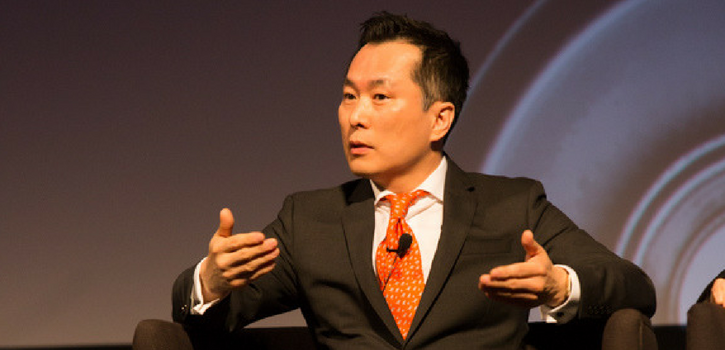Learning from global regulation measures
Learning from global regulation measures
By Keith Barrett
Australia is arriving late to the regulation agenda compared to other regions, where regulation has been in sharp focus for a decade. Being late to the process gives Australia a good understanding of regulation reform, and possible side effects.
At the opening session at the FSC Summit 2018, chair Greg Cooper from Schroders outlined the scale of reform agendas across the world, including the European Union’s MIFID II regulatory reforms, changes with the SEC on fiduciary duty, and the financial impact of Brexit.
In the 12 months since the start of the MIFID II process, the barrier to entry for asset managers and boutique services has been raised, which has been one of the unintended consequences of regulation.

“Before we get to regulation for protecting consumers, we need to be very mindful of how regulation affects competition, and from the US SEC regulations, and now Europe, it’s clear that the regulation is now hurting smaller entrepreneurial companies, service providers and asset managers, from maintaining their competitiveness,” said Peter Kim, Managing Director, MiraeAsset Daewoo, Korea. “Over the long term, less competition will hurt consumers too.”
Regulation can be done in a consultative manner with industry that helps create good outcomes.
“History reminds us that there is a way forward together, and there is hope, but we need to have a voice,” Carol Geremia, President, MFS Investment Management US said. “After the 1929 crash, the US government swooped in with a review. It had the SEC and industry come together to find a solution, which led to the Investment Advisory Act of 1940, which is today still the primary source of regulation in the US.”

“I don’t think anyone should be surprised that we’re in the spot that we’re in today. When you look at the massive amounts of growth in the maturity of the industry, when we’re going to $100 trillion, we’ve got over 100,000 funds available for investors today, and 80 per cent of the public market is owned by institutions.
“The things that are hard to measure, is where the hard work should begin.”
One of the concerns raised was the potential of over-regulation, where the dial moves too far the other way, and inhibits economic growth. Head of Investment Strategy and Chief Economist at AMP Capital, Shane Oliver, referenced the fact regulation comes in cycles, and when a crisis happens, regulation increases.

“The danger in Australia is that we’re doing this when other parts of the world are going in the other direction, where President Trump is attempting to dampen down regulation on all fronts. There is a danger of going too far, which can have economic consequences.”
Takumi Shibata, President & CEO, Nikko Asset Management Japan, said that once you implement a regulatory regime, it is difficult to contain that to one region. He also spoke about how each business within the industry has to lead by example as regulation can only go so far.

“We can’t buy trust. The key is to walk the talk. Do the right things ourselves, and hope that it increases value for the investors. Investors are raising questions about the corporate management structure of Japanese corporations. So we’ll try to fix Nikko Asset Management first.
“We will never be able to say we are done.”

